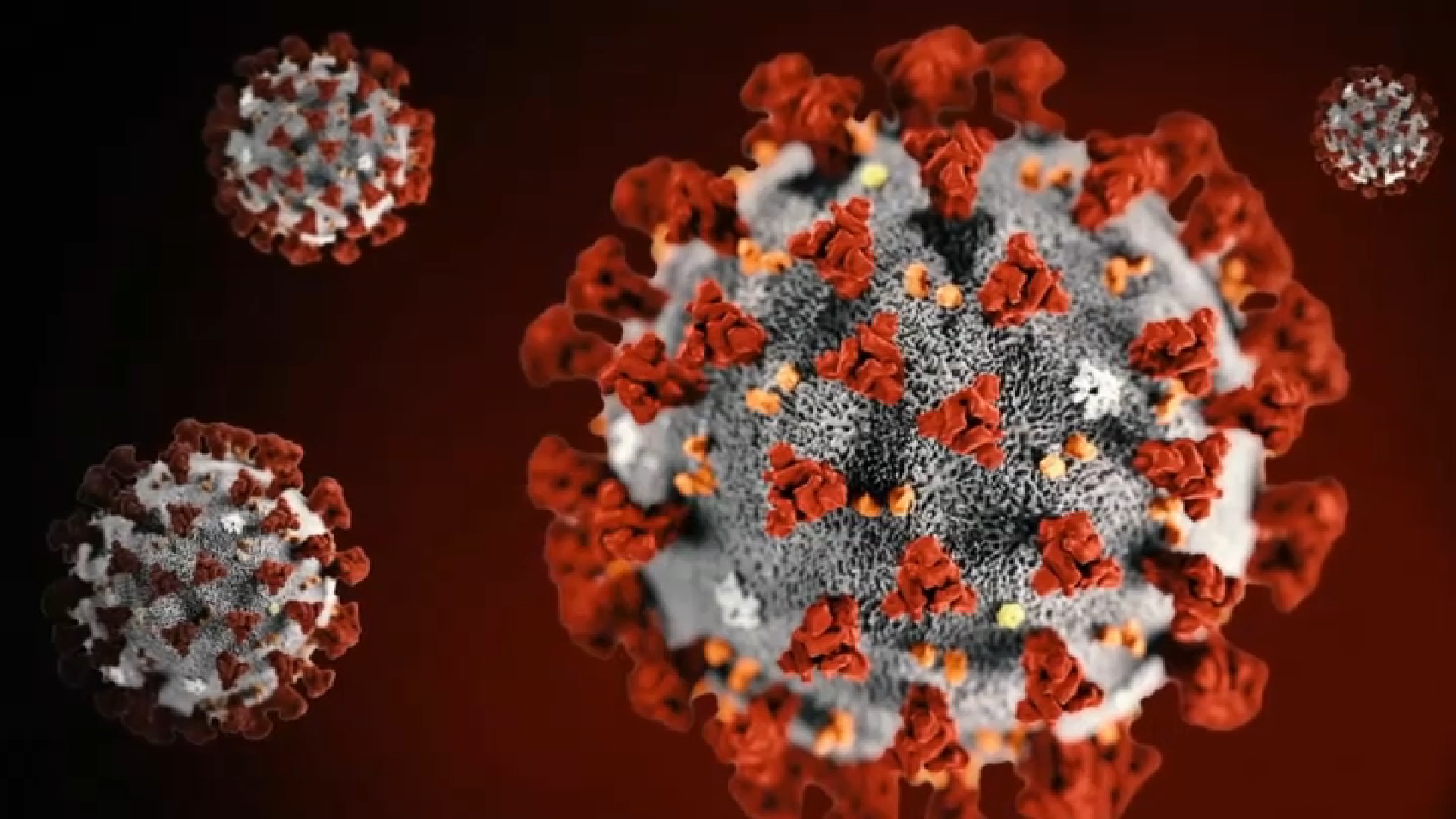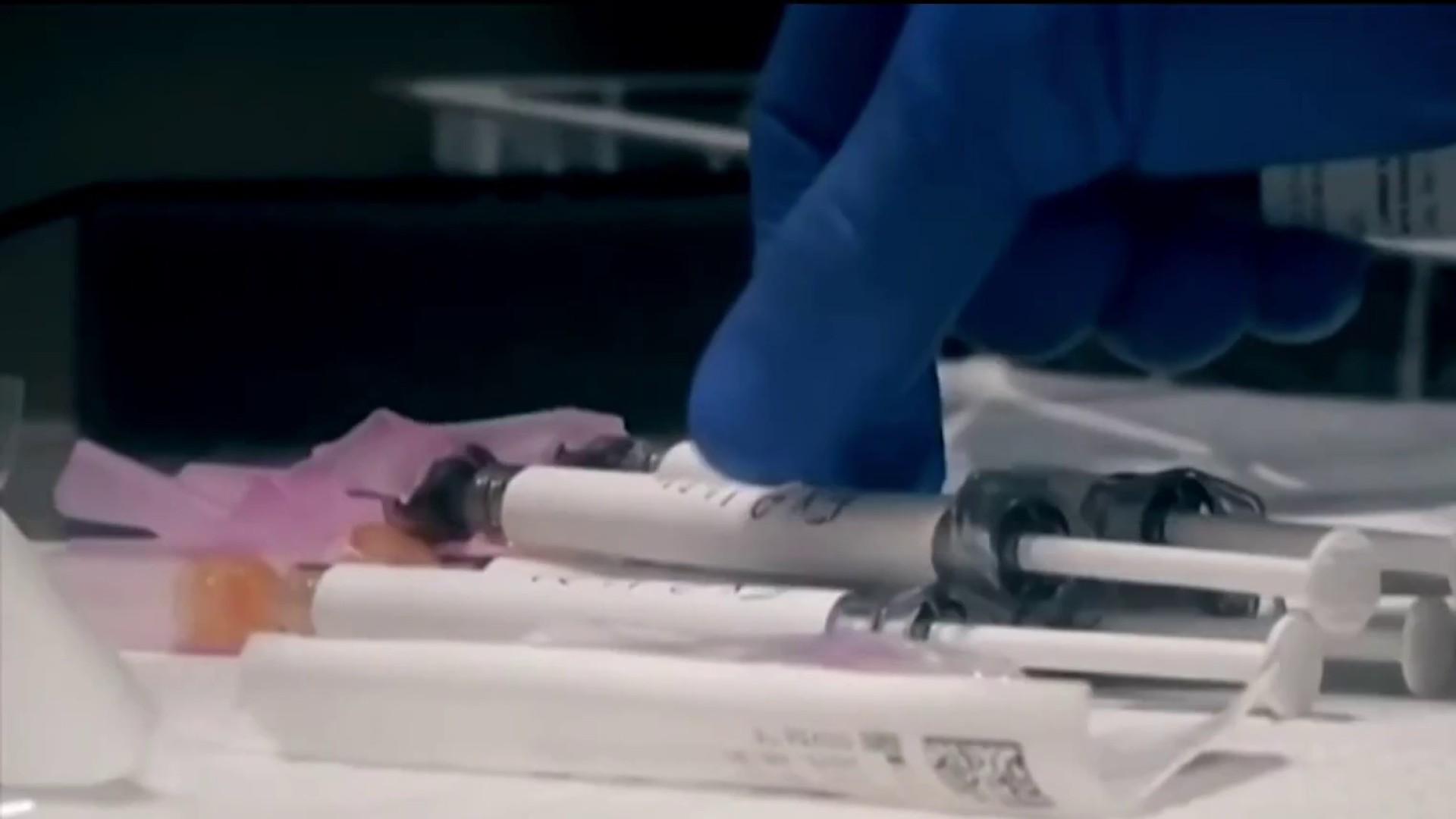From mutating strains to controversial vaccine mandates, the coronavirus pandemic has forced demanding questions and pressure on New York business.
Small business owners are finding ways to survive the virus unknowns and look past the pressing hurdles.
Over the summer, Facebook and the Small Business Roundtable conducted a survey with more than 35,000 small business leaders, across 30 countries and territories.
It found that small and medium business closure rates are dropping.
Internationally, 18% of small businesses reported currently closed, a decrease from 24% in February. In comparison to the U.S., numbers were slightly lower, at 16% currently shutdown, down 22% from this February.
Women and minority-owned businesses are more likely to be closed than the global average. Based on this study, 20% of women-led businesses were closed globally, compared to 16% of those led by men.
The report notes one silver lining that has proven life-changing for small businesses everywhere - pivoting to online services.
Coronavirus Pandemic
Full coverage of the COVID-19 outbreak and how it impacts you
One New York City tour operator is no stranger to that transformation. Inside Out Tours president and founder, Stacey Toussaint, believes it was what saved her company.
Toussaint's fiancé, Derrek Murdock, is a videographer who assisted the company in creating new 360° virtual tours and classes. To Toussaint, the initial technical process was touch-and-go, but the team remained true to Inside Out Tours' sole purpose.
Get a weekly recap of the latest San Francisco Bay Area housing news. Sign up for NBC Bay Area’s Housing Deconstructed newsletter.
Inside Out Tours is a certified Black woman-owned NYC tour operator that provides virtual and in-person tours and courses focusing on the hidden history across the boroughs.
"It was figuring out what would sell because there is a lot of free content online. I thought about our core competency as a business, and it was really our diversity and inclusion experiences," Toussaint said to NBC New York.
The social mission is to amplify the voices of marginalized populations. The best-selling experience is the NYC Slavery and Underground Railroad Walking Tour, which takes guests to the city's first slave market to learn about the origins of slavery in colonial New York.
Before the pandemic, Inside Out Tours had guided thousands of people each year. About 70% of this business's revenue came from international visitors. The remaining sales were made from domestic affinity groups and schools.
In March of last year, the U.S. travel ban limited the number of tourists in New York City, which greatly impacted Toussaint's plans at the time when Inside Out Tours was growing at a steady rate.
"Pretty rapidly we saw a 93% decline in business overnight because they closed the borders. Everyone ran inside or left the city, and we thought, 'What do we do now?'" Toussaint recalled.
Thankfully, this business owner did not have to let go of her employees, consisting of a team of just over 30 people. As NYC reopened its streets, the company began the rebound process with limited capacity walking tours.
However, Toussaint realizes not all small businesses were as fortunate.
"The sad lesson of Covid, to me, is it revealed how it was important to be aligned with the right power interests. If people don't know you exist, then they don't know to help you," said Toussaint.
To her, Inside Out Tours is just one example of a small business that serves a role that larger companies cannot take on because "they [large companies] don't do the on-the-ground work that's necessary to develop these kind of experiences."
Despite the struggles witnessed, Toussaint remains optimistic about the future of small businesses in NYC.
New York is a resilient city. I think it takes New Yorkers saying here, working hard in your area of expertise, to bring the city back. That's what I'm committed to doing and our company is committed to doing.
Stacey Toussaint
President & Founder, Inside Out Tours
As the holidays inch closer, the upcoming weeks will be an exciting time for this group and all tourism companies, especially as the U.S. has lifted the travel ban on Nov. 8, welcoming fully vaccinated visitors from the European Union, UK, and other countries.
This story is part of a series following small business owners through the pandemic. To view all stories part of NBC Local’s “Rebound” project, click here.



